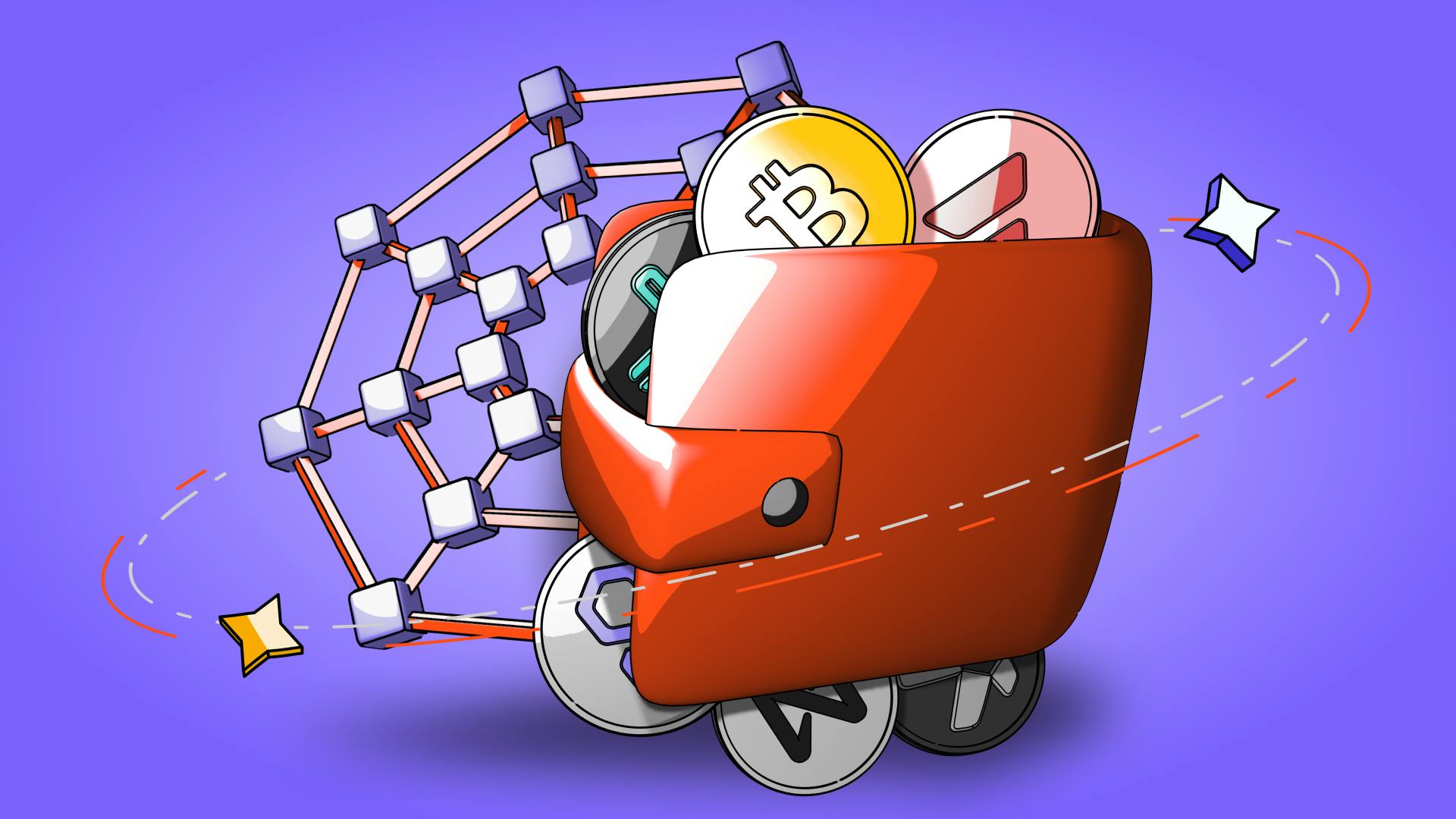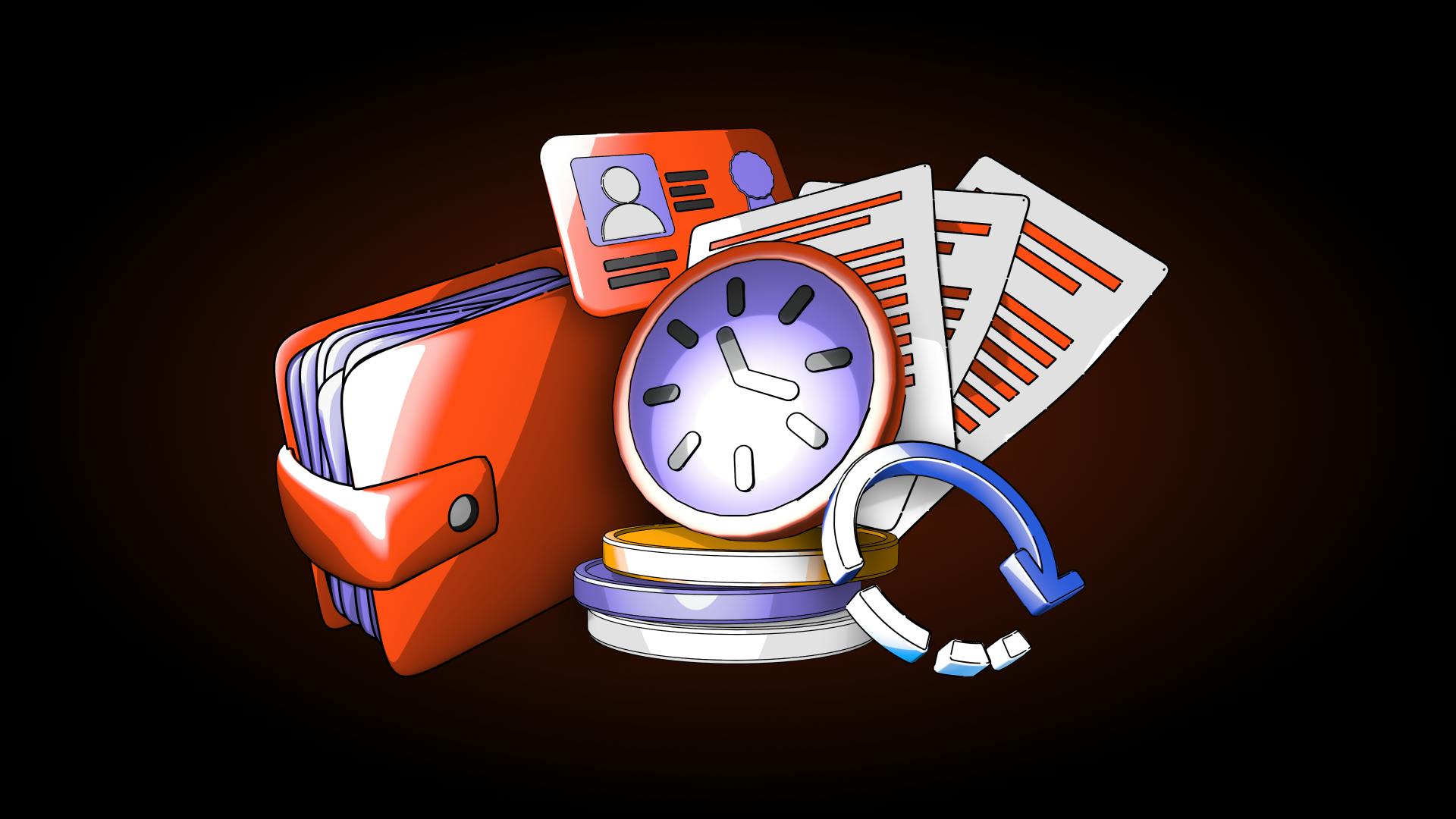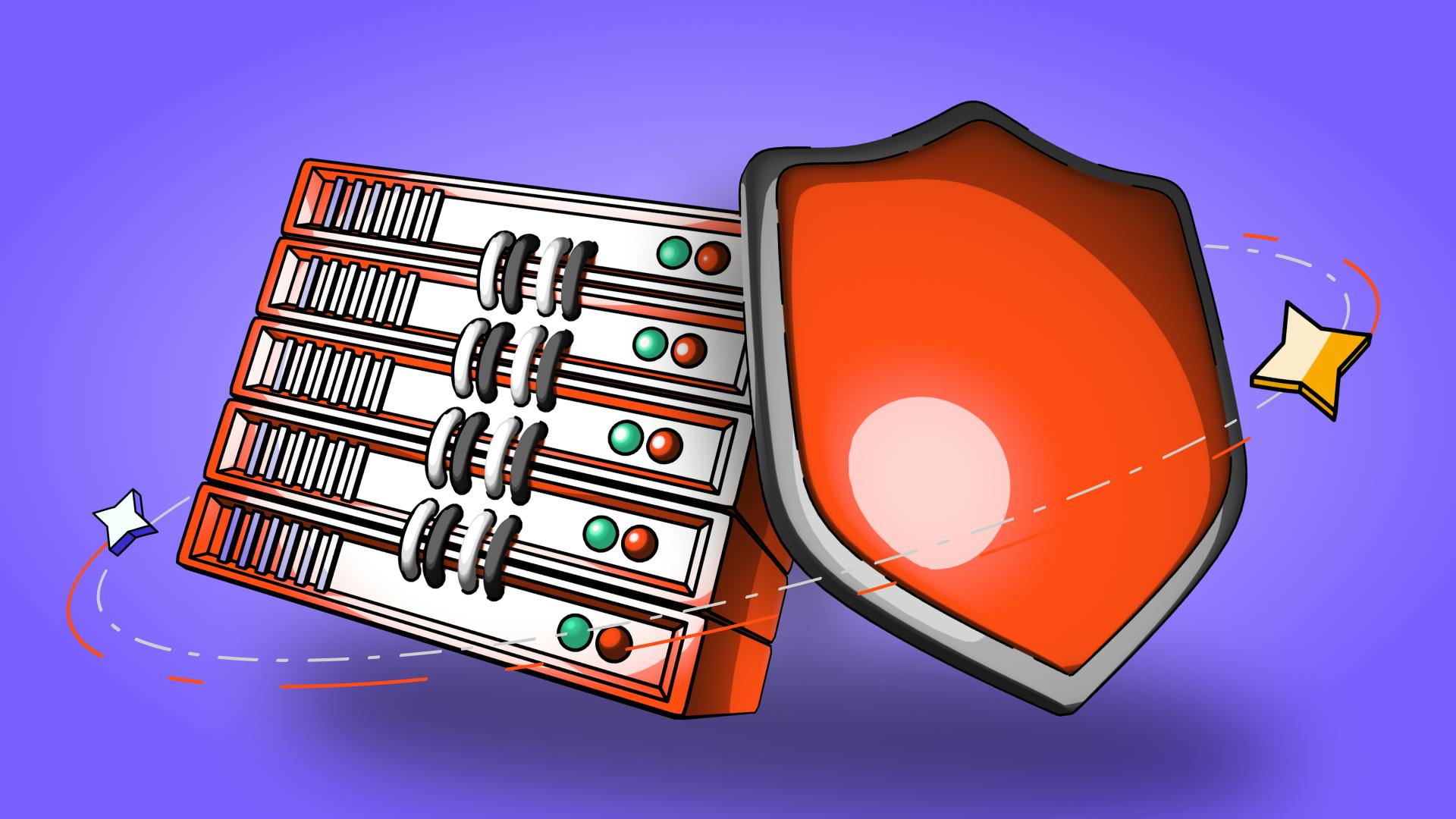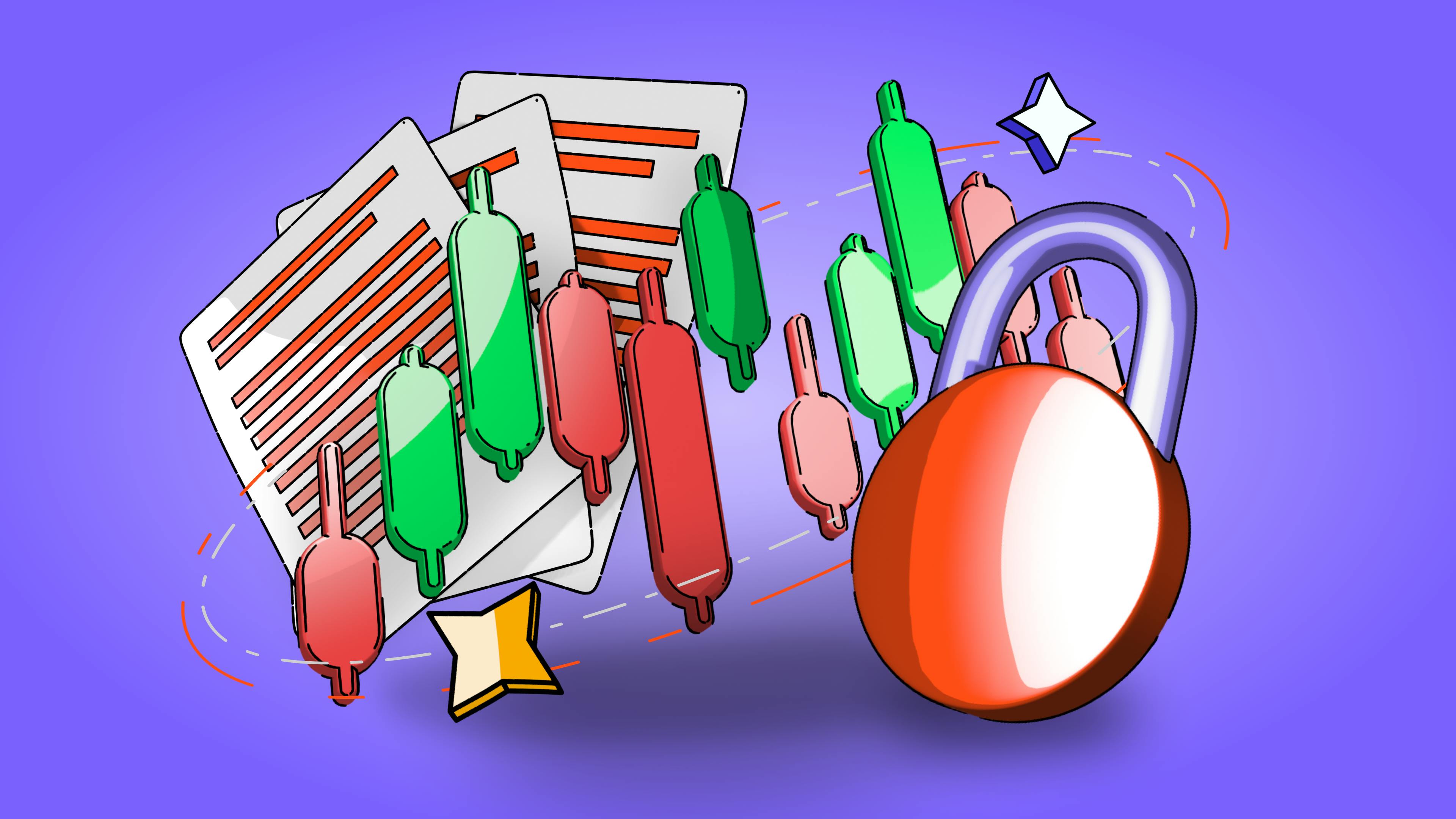Account Abstraction: The Future of Crypto Wallets?
28 de fevereiro de 2025

by Coinmetro Editorial Team
28 de fevereiro de 2025
Account abstraction changes how we use blockchain. It turns wallets into smart contracts, letting users set up automatic transactions, customize security, and simplify blockchain interactions. This blends the strengths of different wallet types for better usability.
Crypto wallets have two types of accounts: EOAs (Externally Owned Accounts) use private keys, while contract accounts run on smart contract rules. EOAs are simple but limited in function, while contract accounts are versatile but need EOAs to initiate actions. Account abstraction merges these, offering users contract benefits without EOAs.
This improves wallets with better security, easier use, and smart automation. Users can add multi-signature security, set spending limits, or schedule payments. These features make blockchain tech more approachable, boosting its adoption. As account abstraction grows, it might change how we handle crypto transactions. Read all about it down below.
In this blog, you will learn about:
- What is account abstraction?
- Key benefits
- Real-world use cases of account abstraction
- Challenges and limitations
▶️ Watch: Account Abstraction: Why It’s Key for Crypto Mass Adoption
Simply put, account abstraction changes how blockchain wallets work by adding smart contract features. This makes wallets more versatile and secure, as they no longer need EOAs to start transactions.
Traditional blockchains have two account types. EOAs use private keys for simple transactions but lack advanced features. Contract accounts run smart contracts but still need EOAs to act. Account abstraction turns accounts into smart contracts, getting rid of old limits. This makes "smart accounts" that manage transactions, set rules, and enhance security.
Get to Know: The Beginner's Guide to Setting Up a Crypto Wallet
Externally Owned Accounts (EOAs): These are simple but basic accounts controlled by private keys. If you lose the key, you lose the account, adding risk.
Contract Accounts: They do complex tasks with smart contracts but need EOAs to start, making them less user-friendly.
Smart accounts combine the strengths of EOA and contract accounts. They manage transactions without EOAs, offering new functions. Users can limit spending, require multiple signatures for transactions, or set up key recovery. This makes blockchain easier to use, promoting secure and accessible crypto adoption.

Account abstraction makes wallets safer with new security measures. Multi-signature approvals require more than one person to agree on transactions. This prevents theft if a key is lost.
Two-factor authentication (2FA) adds extra protection. Users verify actions with biometrics or codes, reducing hacking risks. If keys are lost, smart accounts have recovery methods. Social recovery or trusted contacts can help regain access.
Account abstraction simplifies using crypto wallets. Gasless transactions mean no need for native tokens for fees. You can pay fees in any token or let others handle it.
Smart accounts automate tasks. They can manage regular payments or do many actions at once, making life easier. Customization makes wallets fit individual needs. Users set their own rules for how transactions work.
Account abstraction provides flexibility for asset control. You can set spending limits for periods, lowering risks from mistakes or fraud. You can also set up smart accounts to follow custom rules. They can automate how funds are shared or set conditions, streamlining complex tasks. Whitelists ensure funds only go to approved addresses, making regular payments safer.
These benefits highlight why account abstraction is key for secure, user-friendly, and adaptable crypto wallets.
Account abstraction makes recovering your wallet easy. Trusted contacts or institutions can help if you lose your key. This is safer than using seed phrases. Also, recovery can happen automatically when needed, keeping your account safe.
Account abstraction boosts security for big accounts. It needs multiple approvals for transactions, preventing theft. Companies can add two-step checks and use only trusted addresses. For example, payroll goes only to verified workers, adding safety.
Account abstraction lets businesses set up automatic rules. It handles regular bills or payments without work. They can also set conditions for payments. For instance, a company might pay contractors when work is done, making things easier and clearer.
Learn More - Digital Identity Wallets: The Future of Secure Online Authentication
Account abstraction needs lots of technical expertise and resources. Smart accounts rely on complex blockchain setups, which are hard to build and add to existing systems. They can slow down networks, especially when busy. Making blockchain networks scale while keeping them fast and reliable is challenging.
Developers may struggle with the new account abstraction methods. Many are unfamiliar with creating programmable wallets or writing smart contract code, slowing things down. Users might find smart accounts confusing, especially if they're new to crypto. Educating users about how to use it safely takes constant effort.
Blockchain teams work on solving these problems with updates. Ethereum's ERC-4337 standard, for example, makes smart accounts easier for developers. Solutions like Layer 2 and sharding help manage more work without slowing down. These changes make account abstraction easier for both developers and users to adopt.
Account abstraction changes how we use crypto wallets. It adds smart contract features for better security and ease. This solves old wallet issues, making blockchain simpler for everyone. As it grows, it could change how industries use blockchain.
Account abstraction's future is about making blockchain easier. Standards like Ethereum’s ERC-4337 will make setup smoother. Smart accounts will work with new tech like Layer 2 and cross-chain platforms, allowing better network use. This will boost performance and open new uses in DeFi, business, and Web3.
Using this tech, developers can create wallets with more features. Users can access the blockchain safely and easily. Meanwhile, businesses can automate tasks and lower risks with smart accounts. Supporting this shift will accelerate the growth and usability of blockchain technologies.
Discover - Account Abstraction: Past, Present, and Future
Join the Coinmetro community on Discord and Telegram, where forward-thinking traders and investors gather to share insights, explore new opportunities, and dive deep into cryptocurrencies. Should you need any help, please contact our world-class Customer Support Team via 24/7 live chat or email at hello@coinmetro.com.
To become a Coinmetro user today, Sign Up now or head to our new Exchange if you are already registered to experience our premium trading platform.
Etiquetas
Artigos relacionados

Fornecedores de Dados do Mercado de Criptomoedas: Garantindo Transparência e Precisão
Dados precisos e transparentes são essenciais para os mercados de criptomoedas, onde os preços podem mudar rapidamente e a informação pode estar…
8m

Negociação Demo de Criptomoedas: Pratique Negociação sem Riscos
A negociação demo de criptomoedas, ou paper trading, permite que você pratique negociação sem risco financeiro. Ela simula condições reais de…
6m

Indicadores de Sentimento do Mercado Cripto: Além do Índice de Medo e Ganância
Os indicadores de sentimento são cruciais na análise da psicologia dos investidores no mercado de criptomoedas. Essas ferramentas medem o humor…
10m

Yield Farming 2.0: Novas Estratégias na Provisão de Liquidez em DeFi
Yield farming, também conhecido como liquidez mining, tem desempenhado um papel significativo no crescimento das finanças descentralizadas (DeFi).…
10m